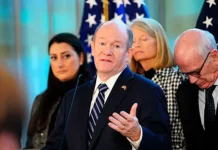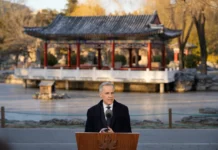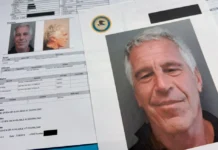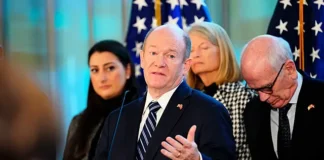Written by Lisa Murimi
A deep silence fell over Namibia on Wednesday as candles flickered outside Parliament in Windhoek.
For the first time, the country officially marked Genocide Remembrance Day—a solemn tribute to more than 70,000 Ovaherero and Nama people systematically slaughtered by German colonial forces between 1904 and 1908.
The new national holiday will be marked each year as part of Namibia’s “journey of healing” including a minute’s silence and candlelight vigil outside parliament in Windhoek, according to the government.
It said it chose the date of 28 May, because it was on that day in 1907 that German officials announced the closure of the concentration camps following international criticism.
Dubbed “Germany’s forgotten genocide,” this massacre—the first of the 20th century—left scars that have never fully healed.
Victims were driven into the desert to die, or imprisoned in brutal concentration camps decades before the Holocaust.
Many were worked to death; others perished from starvation, disease, or sheer exhaustion.
“People got worked to death, a lot of people died in the concentration camps because of exhaustion. In fact there were pre-printed death certificates [saying] ‘death by exhaustion’, waiting for those people to die, because they knew they would die.”
Germany acknowledged the genocide only in 2021, offering €1.1 billion in development aid—without calling it reparations. The gesture rang hollow for many.
“That was the joke of the century,” Uahimisa Kaapehi told the BBC at the time. “We want our land. Money is nothing.”
Campaigners were never invited to the negotiating table. They demand the return of ancestral lands and full reparations—not charity disguised as aid.
Even more painful is the hypocrisy some feel. Last year, Germany pledged to defend Israel against genocide charges at the UN—while still failing to fully atone for its own.
“The German government is yet to fully atone for the genocide it committed on Namibian soil,” said then-President Hage Geingob.
Namibia’s healing has begun—but the wounds remain raw.



















